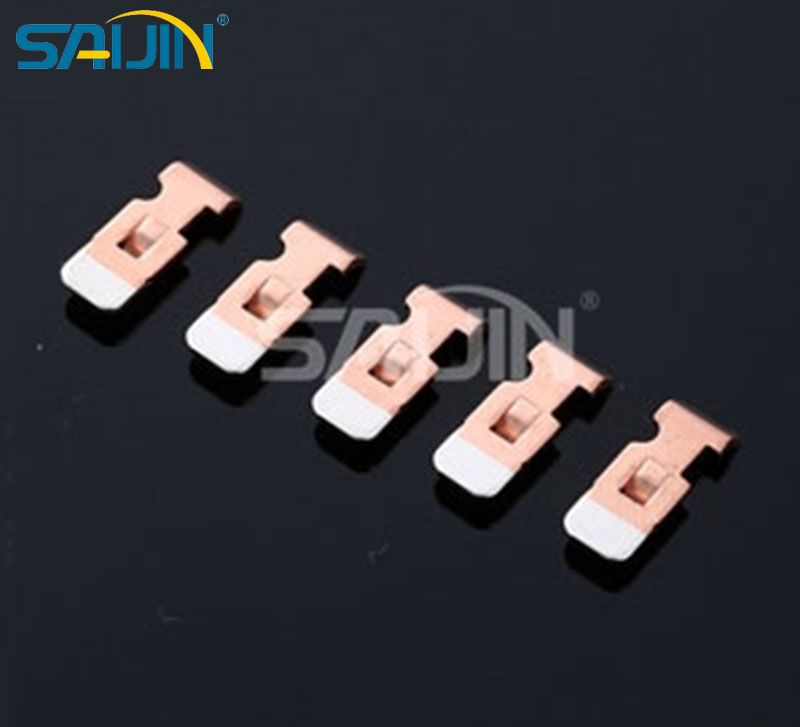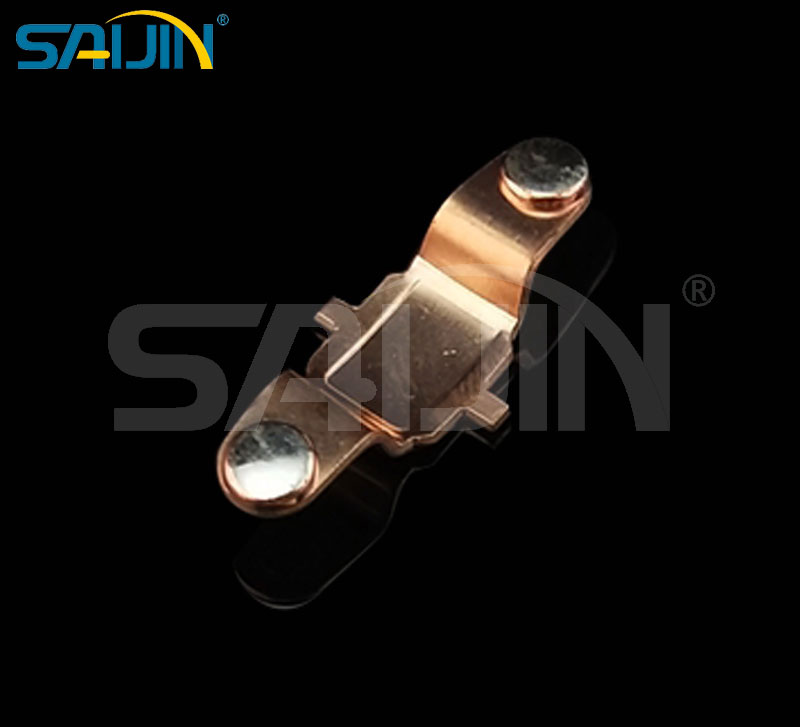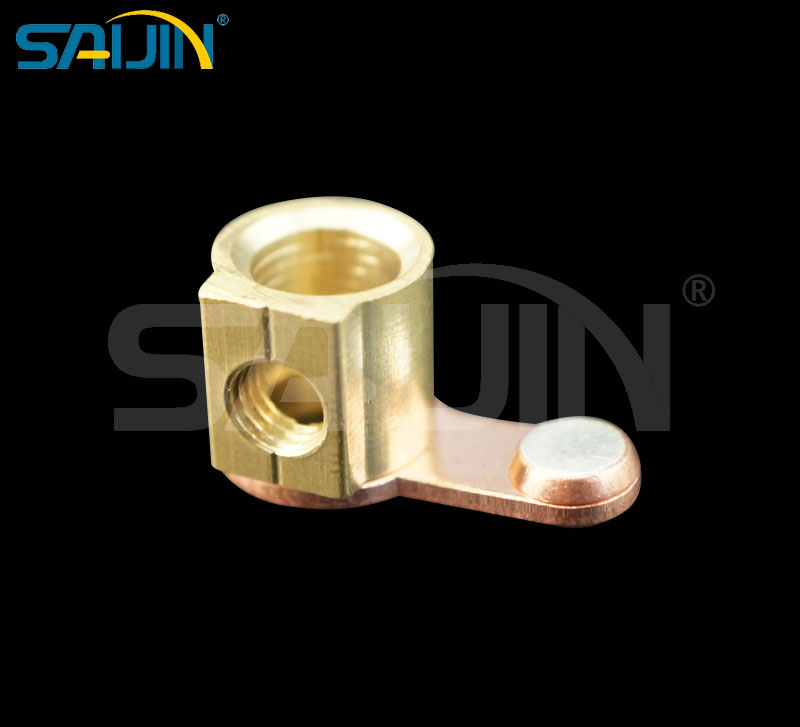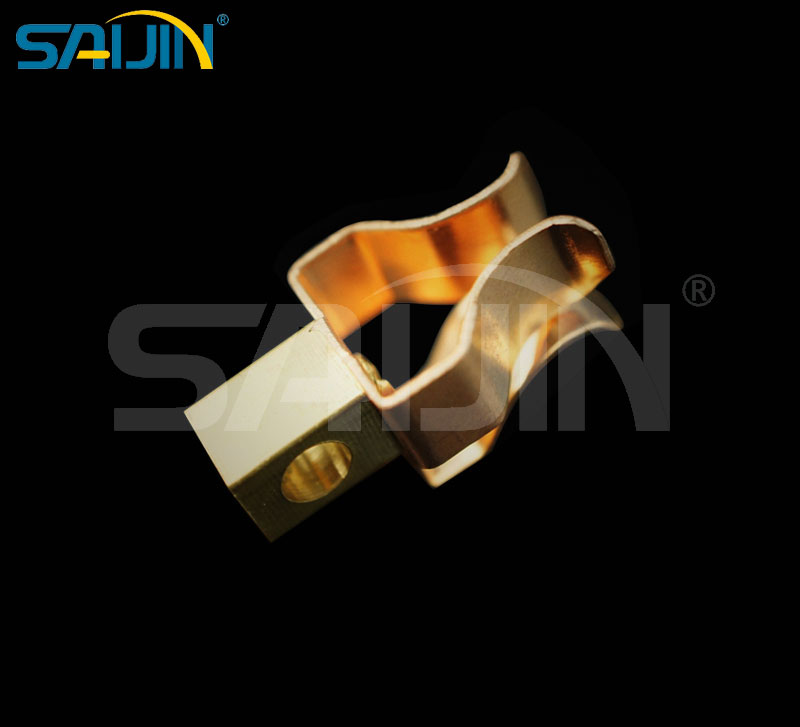How to maintain electrical contacts?
1. Cleaning work
(1)Regular cleaning: Use a brush and cotton cloth to remove dust from the surface of the relay or contactor, and wipe impurities on the contacts and sockets with appropriate cleaning agents such as industrial alcohol to keep the contacts clean. This step is essential to remove dirt, dust and other impurities that may affect the contact contact.
(2)Keep dry: The contact surface should be kept dry to avoid moisture or other liquid residue to prevent oxidation or corrosion of the contacts.
2. Check the status
(1)Check the contact status: Check the contacts for abnormal phenomena such as oxidation discoloration, bending, cracking, and wear by visual inspection or professional equipment. These phenomena may affect the contact performance of the contacts and need to be handled in time.
(2)Check the installation status: Make sure that the contactor or relay is installed firmly and reliably without loosening or falling off. At the same time, check whether there is foreign matter accumulation on the terminal to prevent short circuit or damage caused by insects and rats.
3. Timely replacement
(1)Replace damaged contacts: If the contacts are found to be damaged, deformed or severely worn, they should be replaced with new ones in time. The replacement of contacts should be carried out according to the actual situation and the manufacturer's recommendations to ensure the normal operation of electrical equipment.
(2)Replace damaged wires: If you find that there are parts of wires that have been bitten by insects and rats, they should also be replaced in time to prevent electrical failures caused by damaged wires.
4. Lubrication protection
(1)Use electrical contact grease: Apply an appropriate amount of electrical contact grease on the contact surface to reduce friction and wear between contacts, and prevent the contact from contacting with corrosive substances such as oxygen and sulfur in the air to form a rust film. When selecting grease, factors such as its wear resistance, oxidation resistance, corrosion resistance and compatibility with plastic materials should be considered.
(2)Control the amount of grease: The amount of grease should be appropriate to ensure that the contact surface is evenly covered with a thin layer of grease. Too much grease may cause the contact resistance to increase, while too little grease may not achieve the expected lubrication effect.
5. Other precautions
(1)Regular maintenance: According to the use of electrical equipment and the manufacturer's recommendations, formulate a regular maintenance plan and strictly follow the plan.
(2)Professional operation: When performing maintenance and maintenance of electrical contacts, professionals with relevant qualifications and experience should perform the operation to ensure the safety and effectiveness of the operation.
(3)Record maintenance information: After each maintenance, the maintenance time, maintenance content, replaced parts and other information should be recorded in detail for future review and reference.




